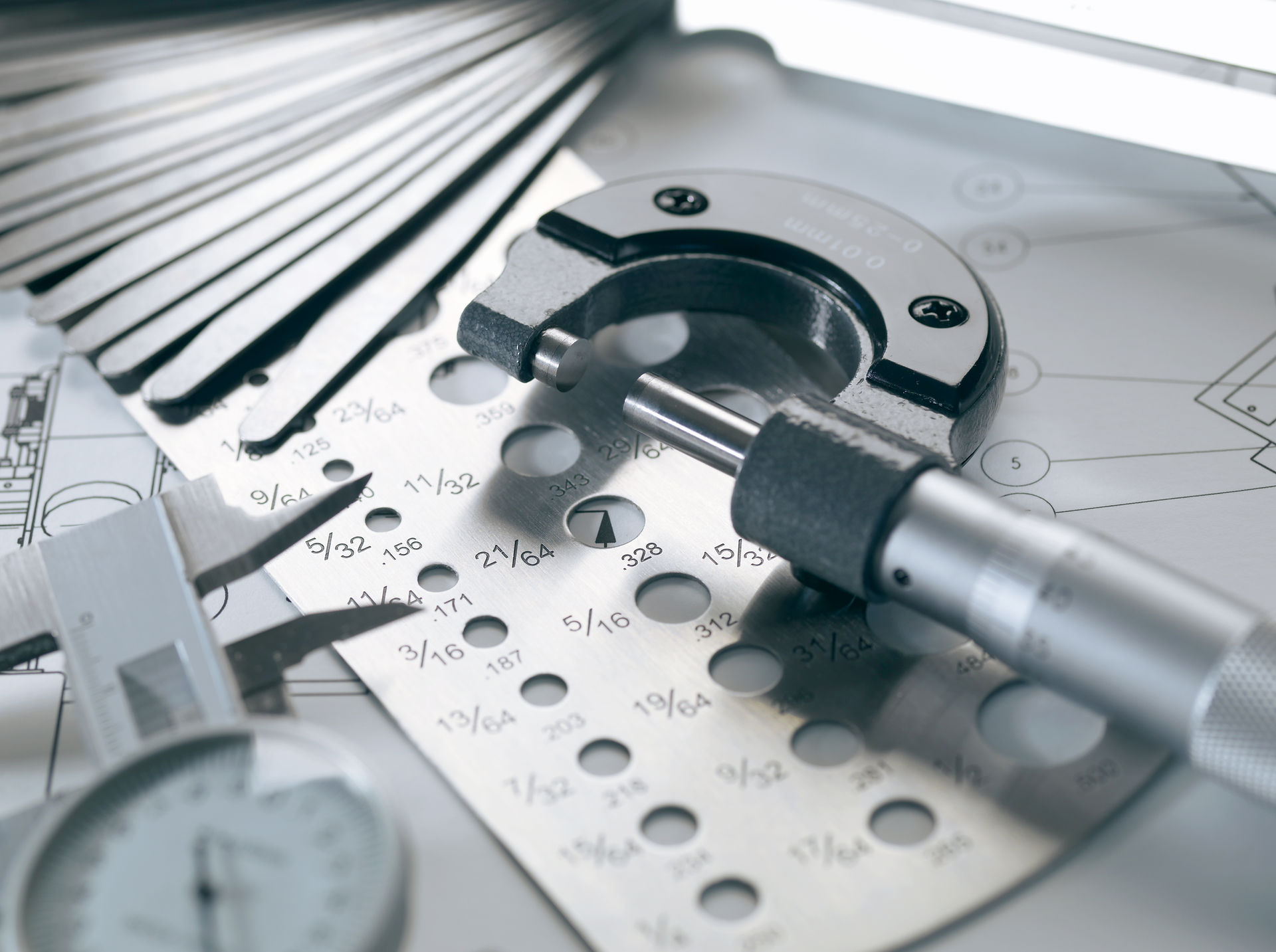7075 Material Machining and Anodizing: Providing High-Quality Solutions for High-Performance Automotive Parts
- CNC Ken

- May 27, 2025
- 2 min read

Hello everyone, today let’s talk about 7075 aluminum alloy, a material that’s widely used in high-performance automotive parts, especially in racing components. Thanks to its high strength, lightweight properties, and specific application advantages, 7075 has become the material of choice for many high-end products. While its mechanical properties are outstanding, it does come with some challenges during machining, especially when it comes to anodizing and choosing the right cutting fluids.
7075 aluminum alloy is incredibly strong, almost comparable to some low-alloy steels, and much lighter than steel. This makes it irreplaceable in the racing industry, where parts need to withstand extreme pressure while remaining lightweight to improve overall performance. Although its corrosion resistance is not as strong as some other aluminum alloys, it can still meet high-performance demands with the right surface treatments.
Machining 7075 aluminum alloy is no easy task. The alloy contains a higher proportion of zinc and iron, which makes it more difficult to process compared to other aluminum alloys. While these elements provide higher strength, they also make it more challenging to machine. First, due to its high hardness, cutting tools wear out faster, meaning extra care is needed to ensure the tools stay sharp and have a long service life. Additionally, 7075 aluminum alloy is highly prone to oxidation during machining, which can cause black spots or rust on the surface if not properly managed. This can affect both the appearance and the long-term performance of the part.
To address these issues, we usually use special cutting fluids when machining 7075. Due to its zinc and iron content, standard cutting fluids may not be effective enough to handle the material properly. Therefore, we choose cutting fluids specifically designed for 7075 aluminum alloy to help control temperature, reduce friction, and maintain the surface quality of the parts. The right cutting fluid not only improves machining efficiency but also extends the life of the tools.
Another critical aspect is anodizing 7075 aluminum alloy. Due to the presence of zinc and iron, anodizing 7075 is more challenging compared to other aluminum alloys. If not carefully managed, the anodizing film can become uneven, which may lead to color inconsistencies or a weaker layer. However, with the right anodizing process, the corrosion resistance of 7075 aluminum alloy can be significantly improved, especially in environments with salt or moisture. Anodizing also provides the opportunity to add various color options to meet design needs.
While the material cost of 7075 aluminum alloy is relatively high, its machining costs are actually lower than those of steel. Additionally, anodizing not only enhances its corrosion resistance but also provides a variety of color options, making it ideal for high-end automotive parts and racing modifications.
If you need 7075 aluminum alloy machining or surface treatments, our professional team can provide high-quality services to ensure that your products not only perform excellently but also look great.
Ken
2025-5-27





Comments